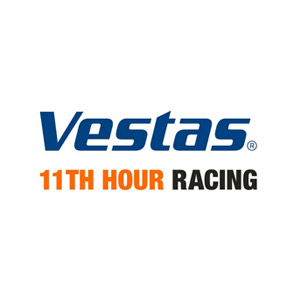Joining forces for the 2017-2018 Volvo Ocean Race, Vestas and 11th Hour Racing aimed for exemplary results – both on the water and for the planet. The team set the goal to be the most environmentally sustainable team to have ever competed in the Volvo Ocean Race.
A selection of initiatives from the team’s robust sustainability strategy, included:
- Following an internal Environmental Purchasing Plan for food and team operations that put environmentally conscious and local foods at the forefront, along with materials used for base operations.
- The team reduced its carbon footprint through a range of initiatives, including biking, public transit, and ‘Meatless Mondays.’ All travel was tracked to calculate the team’s carbon footprint as they traveled the globe. The team offset its footprint through Seagrass Grow.
- The team responsibly managed waste, water (consumption and quality), and energy (efficiency and renewable). The team also monitored impact and reporting progress against sustainability targets.





